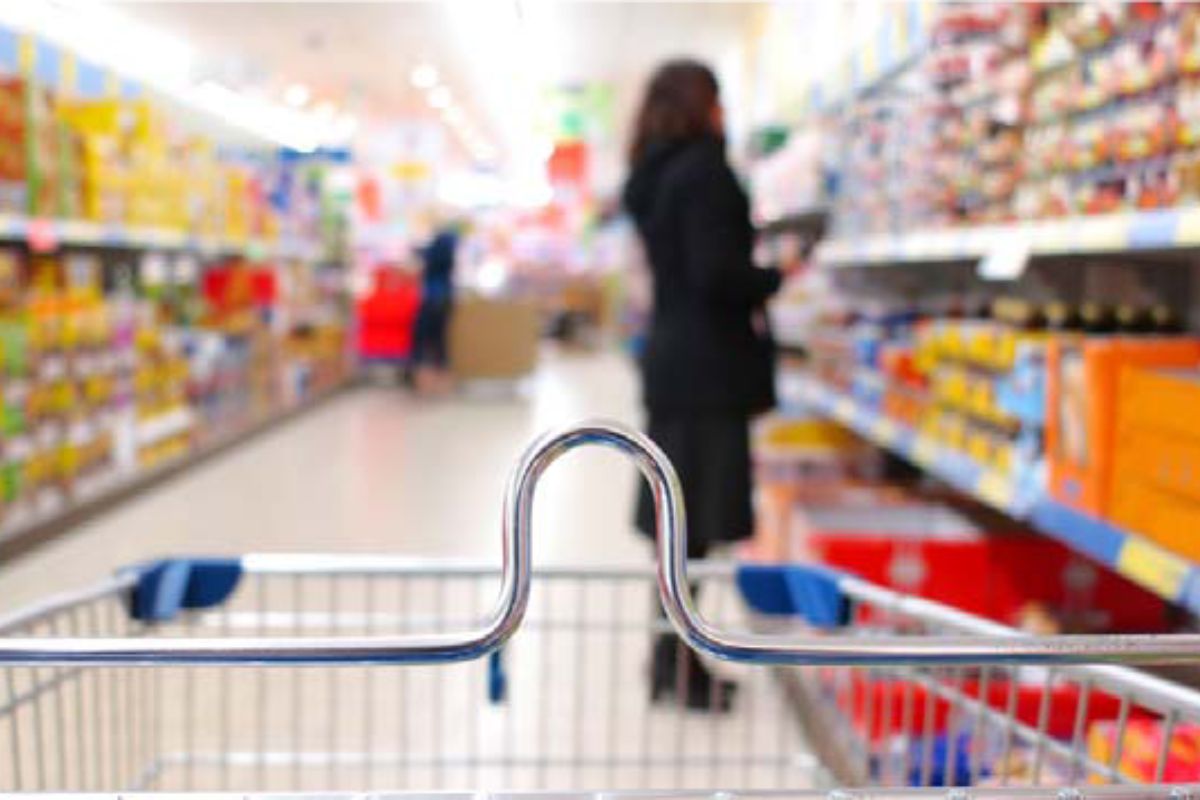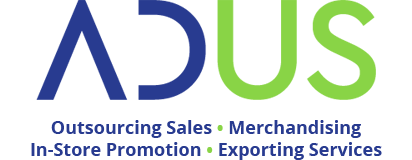Why do private labels «eat» shares from branded brands, even though their prices increase more
With a growth rate of 9.3%, the supermarket sector moved in the first quarter of 2023 in terms of value...
Thursday, June 22, 2023

With a growth rate of 9.3%, the supermarket sector moved in the first quarter of 2023 in terms of value, with foods in particular moving at +8.2%, but at the same time foods recorded a decrease of 0.9% in pieces, according to data presented by Panagiotis Mporetos, managing director of Circana, during the annual general assembly of the Association of Greek Food & Beverage Industries (SEBT), on Monday evening.
At the level of major categories, the largest percentage of growth in the four months of 2023 is presented by snacking, dairy, frozen foods, while growth is also significant for non-alcoholic beverages. What is interesting, however, is the course of sales of private label products in the quarter of 2023. In the total of packaged foods, the share of private labels has increased from 20.2% to 21.7%. And given that in most European countries this percentage is much higher, as Mr. Mporetos noted, "there is still room for private labels to grow".
Private label prices increased by 14.4% and branded brands prices by 9.3%
In the top 60 categories, a 10.5% increase in value was recorded in the five months, with branded products increasing by 8.6% and private labels by 20%, while piecewise branded products are negative (-0.7%), while products private label "earn" 5%.
But what is noteworthy is that, in terms of price, branded products appear in the five-month period up by 9.3%, but private labels appear increased by 14.4%, which means that despite their increased price, private label products attract more consumers. This is because, despite the price increases, in almost all cases they are significantly cheaper than branded brands. A strengthening factor for private label products is their inclusion in the Household Basket, to a greater extent than branded brands.
It is indicative that last year the "basket" with the 60 top categories cost 190 euros, while this year it has reached 207 euros. But for private label products, the corresponding basket, which was 131 euros last year, rose to 139 euros this year, i.e., approximately 70% of branded brands.
Another Circana finding is that branded products that did not have a price cut and entered the Household Basket saw almost no growth. "So, the branded products that go into the cart should also have some discount, such as to attract the consumer", noted Mr. Mporetos.
"Private label is here to stay and grow"
However, according to Mr. Mporeto, last April there was a first small decline in the shares of private label products, which is attributed to the fact that due to Easter, consumers preferred better products, while in addition there were strong promotions that helped branded products.
However, it is clear that "the private label is here to stay and grow. The consumer is under a lot of pressure and trends are changing", he noted, explaining that the consumer has changed from a consumer to a prosumer, i.e., a consumer who is looking to find the price. "The professional consumer is coming back, who will look at the prices, search the Internet what’s going on, make fewer, planned trips, compare prices a lot and look for products that are healthier or better for you. It is important after the pandemic that I get something that will benefit me. It has very importantly written this to all consumers," he underlined.
At the same time, private label products have become less elastic in terms of price, which means that the consumer recognizes that private label is a quality product and is willing to pay a little more for it, given that the price difference from branded brands remain large.
Source: Food Reporter #0973/2023-06-14
